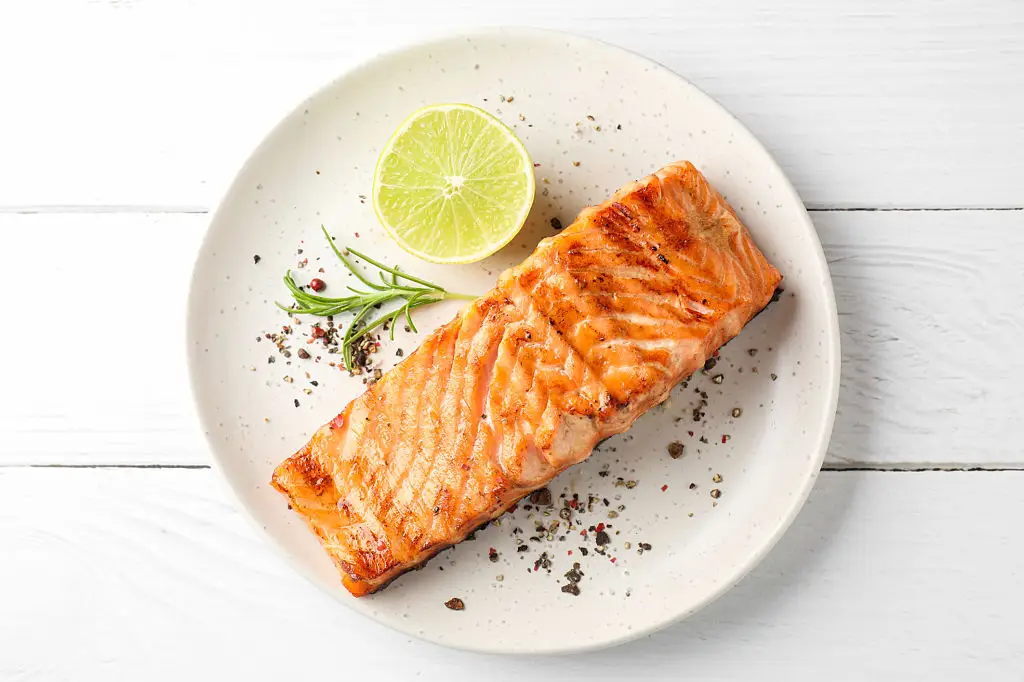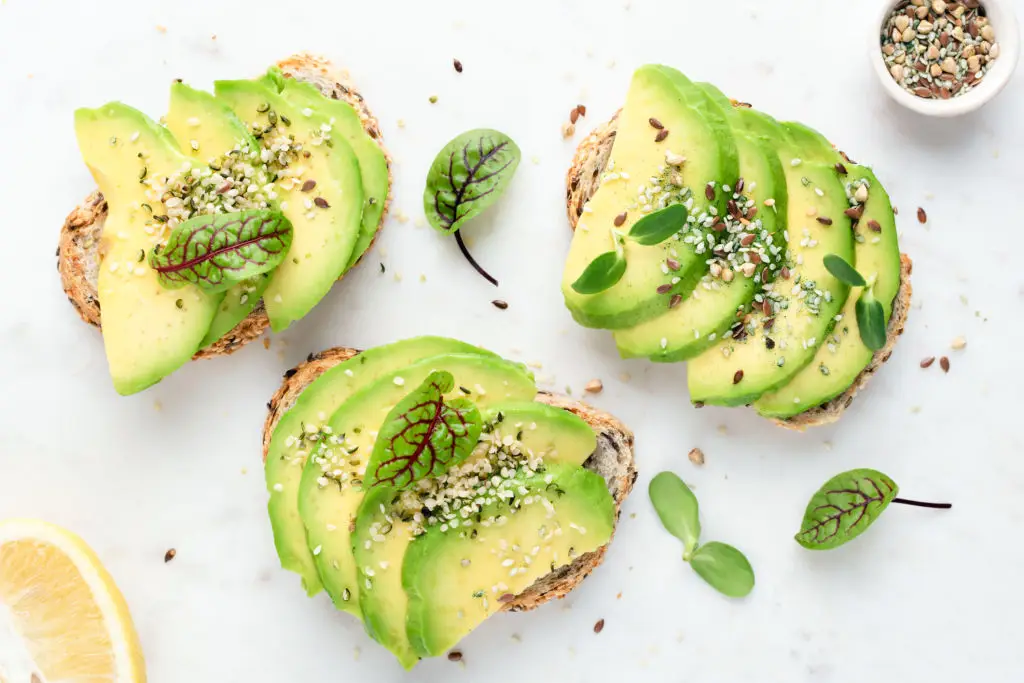Gut-Friendly Fats: 10 Delicious Foods That Lower Cholesterol by Feeding Your Microbiome
Is it really possible that eating more fat could help both your gut and your cholesterol? The truth is, not all fats are created equal. Instead of fearing the word “fat,” nutrition science is uncovering how certain types—like omega-3 fatty acids and monounsaturated fats—can be powerful allies in your wellness journey. These “gut-friendly fats” do double duty: they support the trillions of beneficial microbes in your digestive system while also helping to lower cholesterol, especially that troublesome LDL kind. This isn’t just wishful thinking—recent studies confirm that the right fats can be just as effective as medication for many people, all while making meals more satisfying. It’s easy to fall into old patterns, believing that healthy aging requires strict rules or bland food. But what if, instead, you could nurture your microbiome and your heart by enjoying creamy avocado toast, savory salmon, or a handful of crunchy nuts? The secret is choosing foods that have both science-backed benefits and everyday deliciousness. In this guide, we’re celebrating 10 vibrant foods that combine pleasure with powerful wellness support. These are the ingredients nutritionists reach for to help you feel more vibrant at every stage of life—no need for perfection, just thoughtful choices and small steps you can savor.
1. Salmon: A Gold Standard for Omega-3s and Microbiome Diversity

Salmon might seem like an indulgence, but it’s one of the most rewarding additions you can make to your weekly meals. Packed with omega-3 fatty acids—especially EPA and DHA—salmon supports a balanced gut microbiome and has a proven track record for lowering cholesterol. Studies led by Professor Sarah Berry at ZOE reveal that for some people, omega-3s from fatty fish can improve cholesterol as much as certain medications, all while delivering anti-inflammatory benefits throughout the body. What sets salmon apart isn’t only its heart impact; the healthy fats it contains actually help feed beneficial bacteria in the gut, nurturing a diverse microbiome. It’s no wonder experts like Dr. Rudolph Bedford call out fatty fish as a “must” for both digestive and cardiovascular health. Enjoying two to three servings of salmon weekly—whether grilled, baked, or tossed into a salad—can make a meaningful difference. For convenience, try canned wild salmon tossed with a little olive oil and lemon on whole grain toast. If you’re new to fish, remember that portion size matters: a fillet about the size of your palm is plenty. Each bite is a reminder that feeling good and eating well truly can go hand in hand.
2. Avocado: Creamy, Gut-Loving Monounsaturated Fat and Fiber

Few foods have claimed the spotlight in recent years like avocado—and for excellent reasons. This creamy fruit is loaded with monounsaturated fats, which help sweep out LDL (“bad”) cholesterol from the blood, while also nourishing your gut. Nutritionists highlight avocados as a rich source of prebiotic fiber, providing around nine grams in just half an avocado. This unique combo allows your beneficial microbes to thrive, supporting smoother digestion and optimal nutrient absorption. Better yet, avocados keep you feeling fuller longer and make healthy meals feel more satisfying—not by accident, but by design. A slice or two on sprouted grain bread, blended into a colorful salad, or scooped with a sprinkle of lime and salt is all it takes to bring these benefits to your plate. Dietitians recommend starting small—a half avocado a day is plenty for most people. If chopping or peeling feels intimidating, simply mash and spread. Letting go of the “low-fat” mindset can be freeing, and with each serving, you’re investing in your heart and your inner ecosystem.
